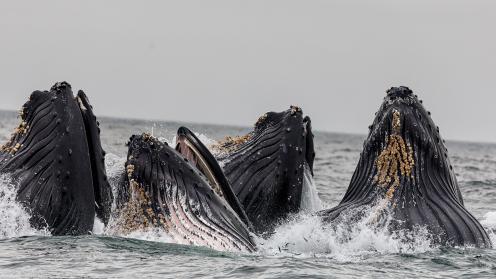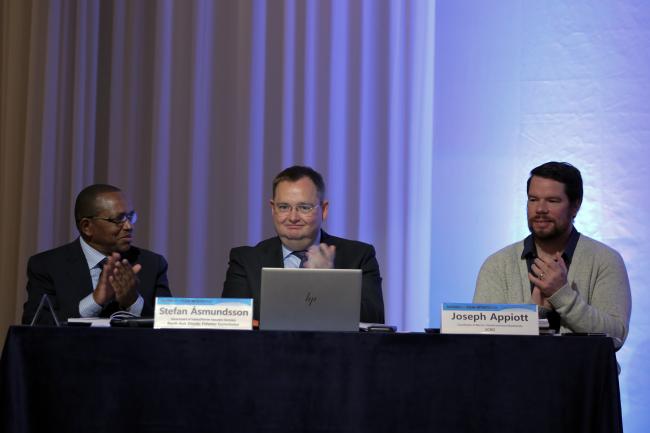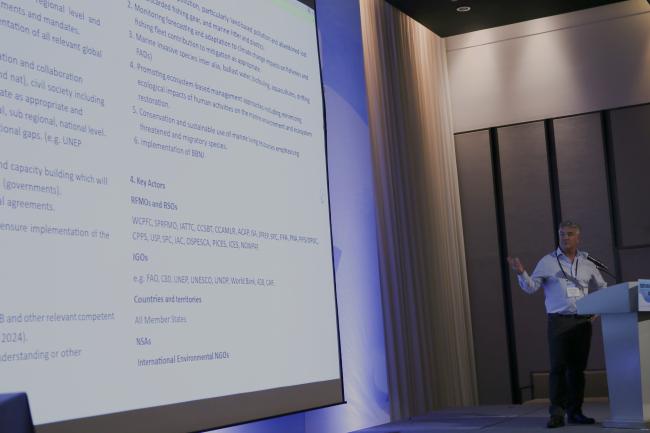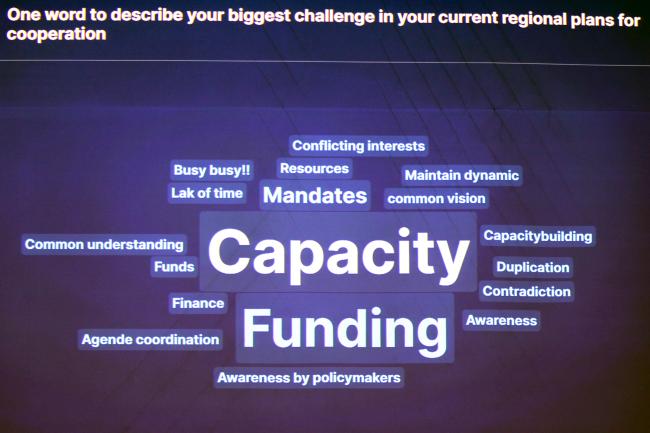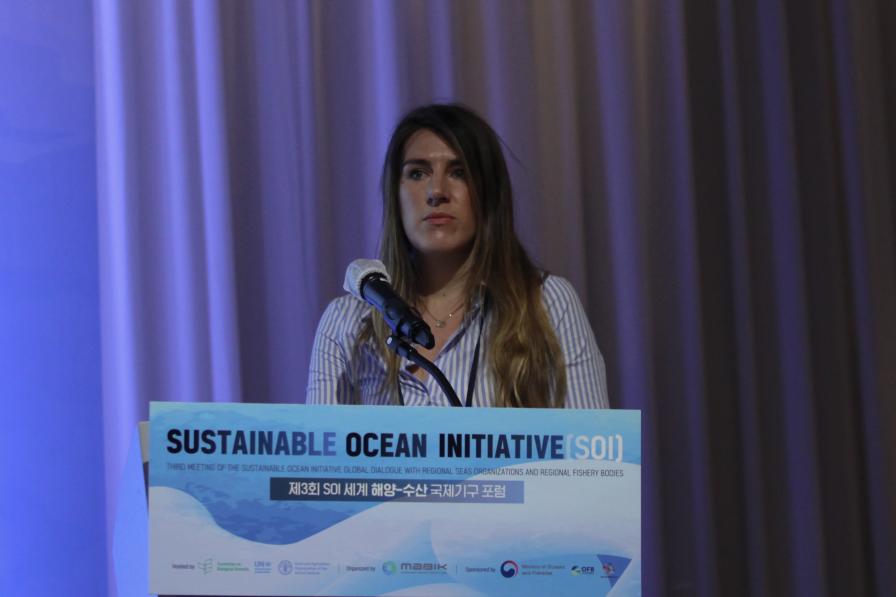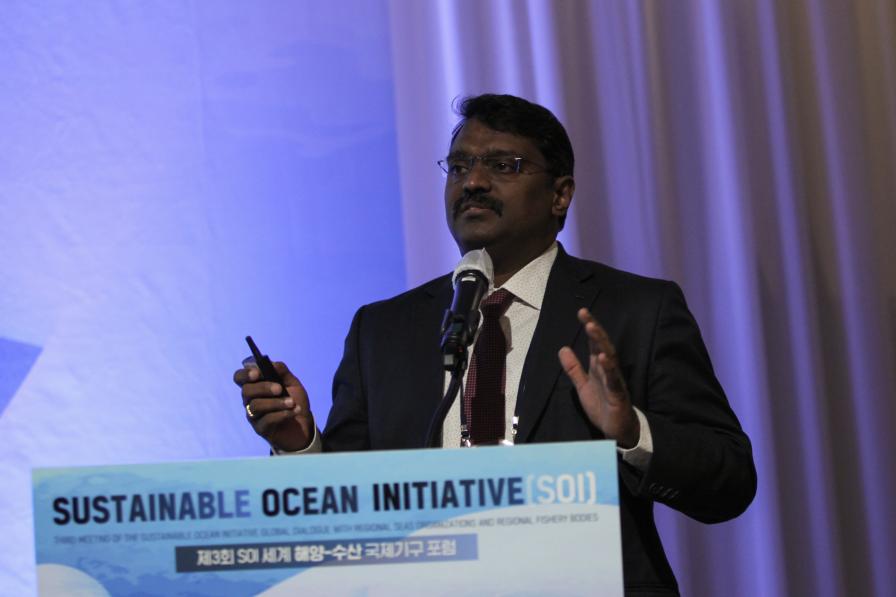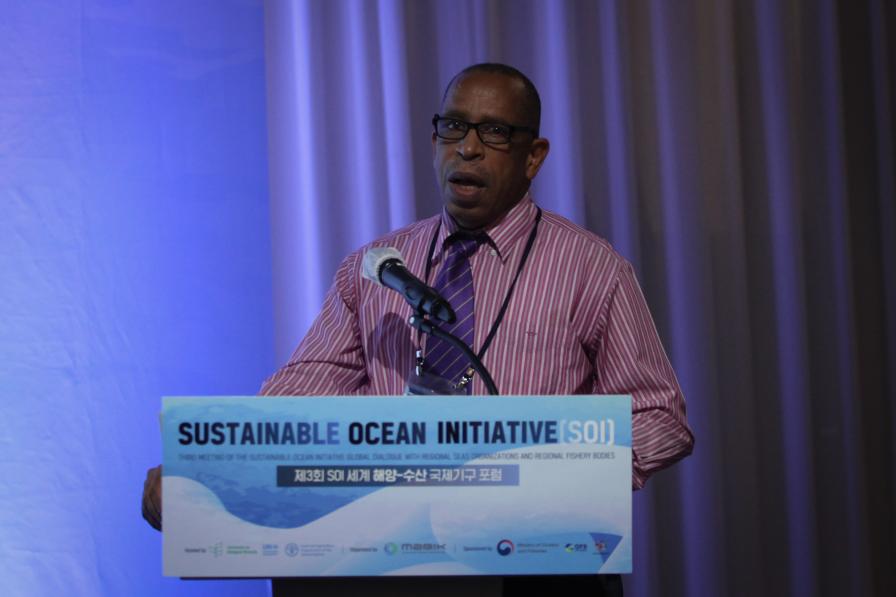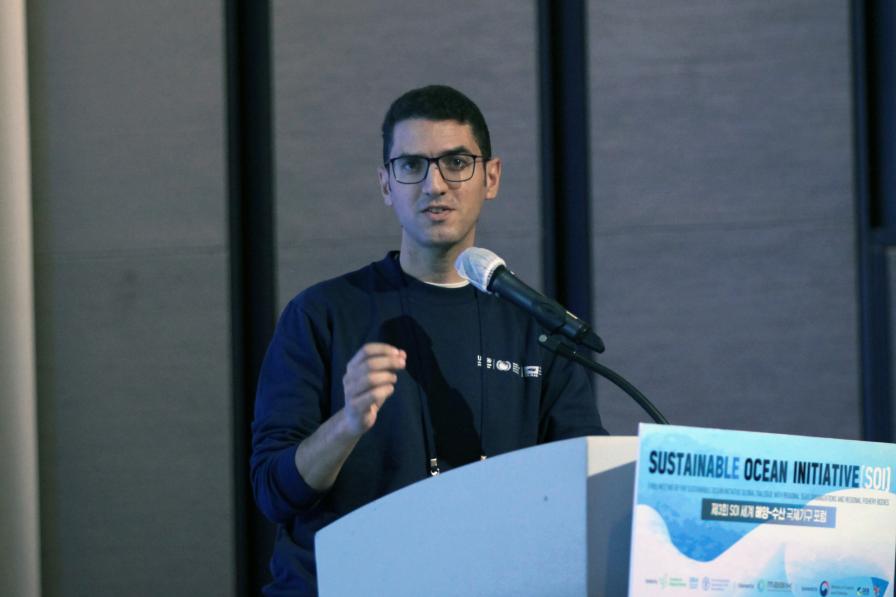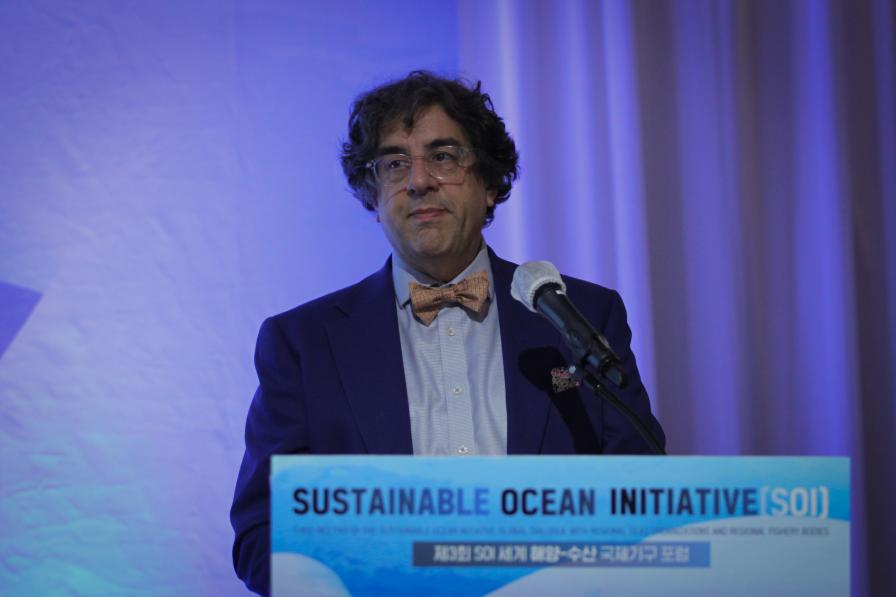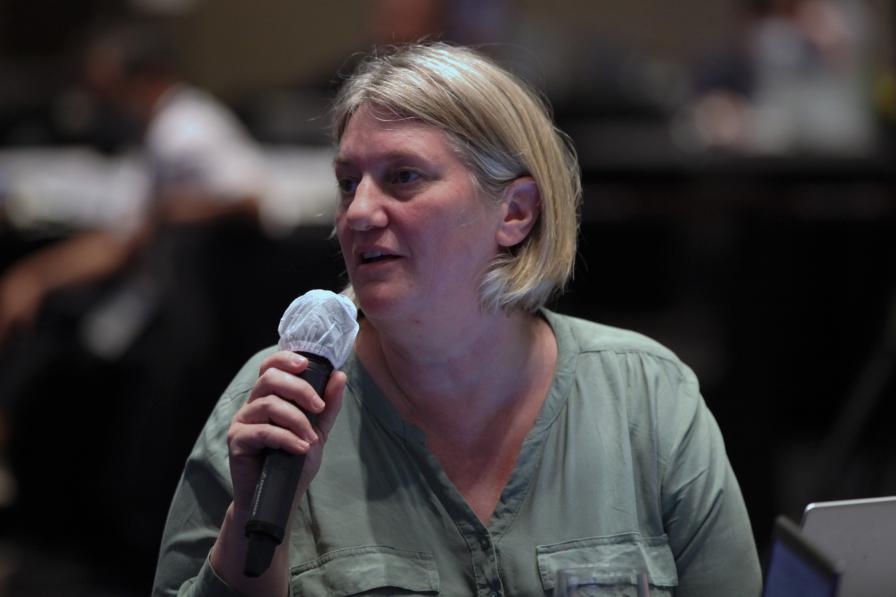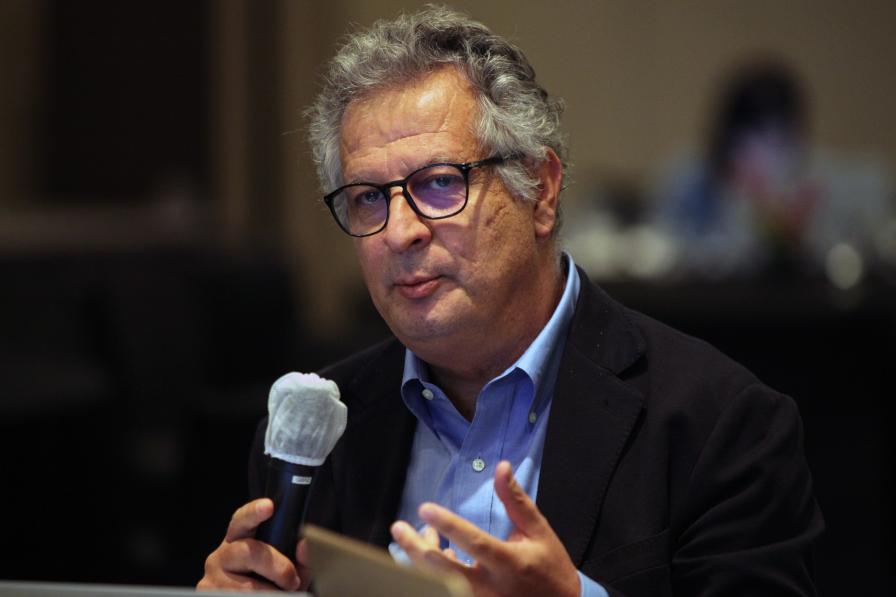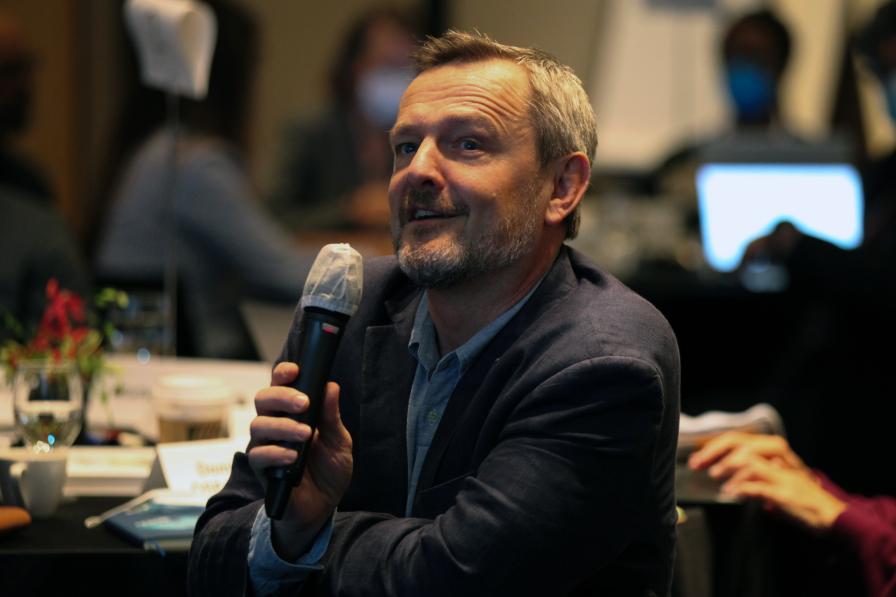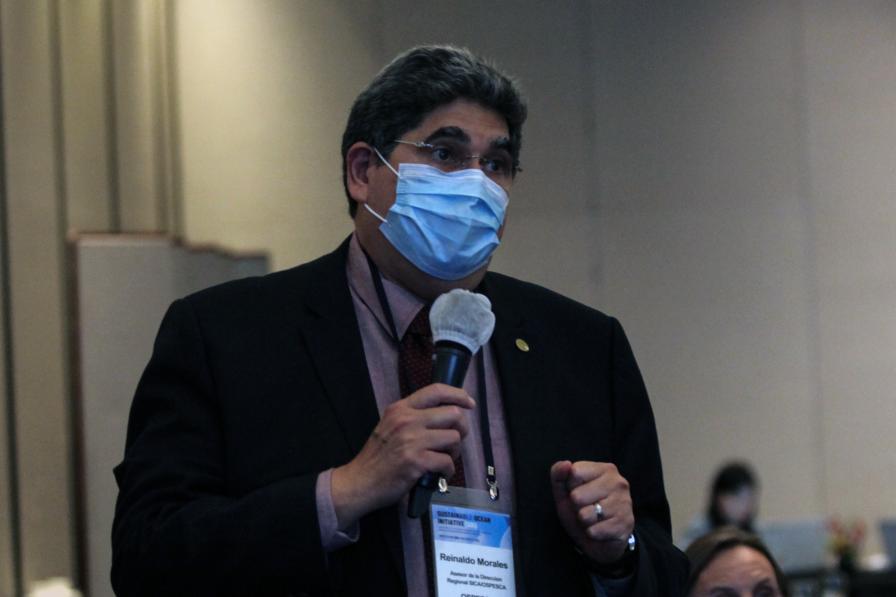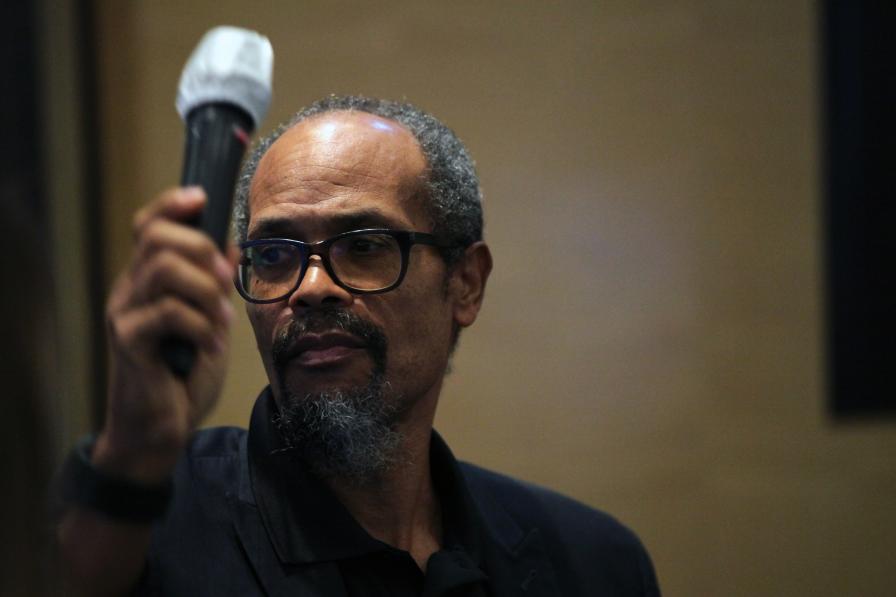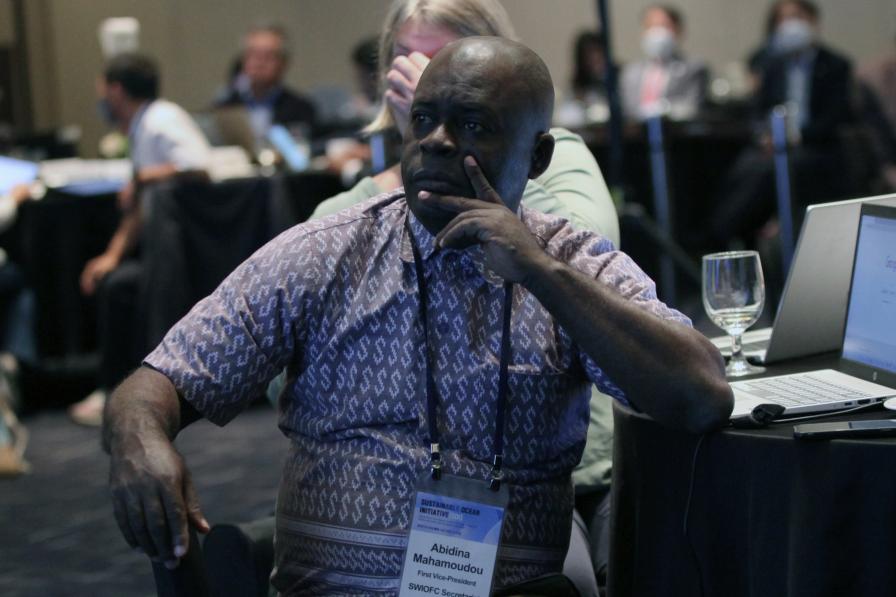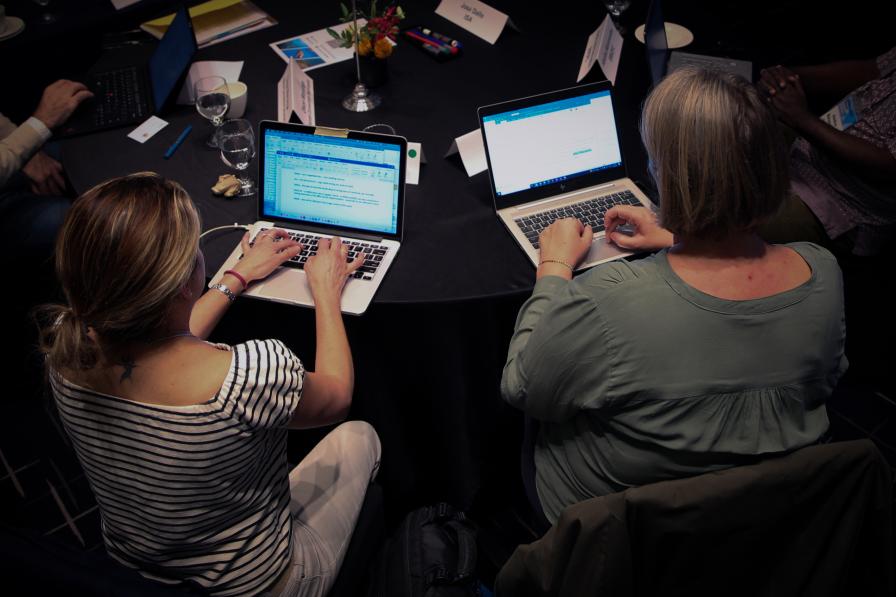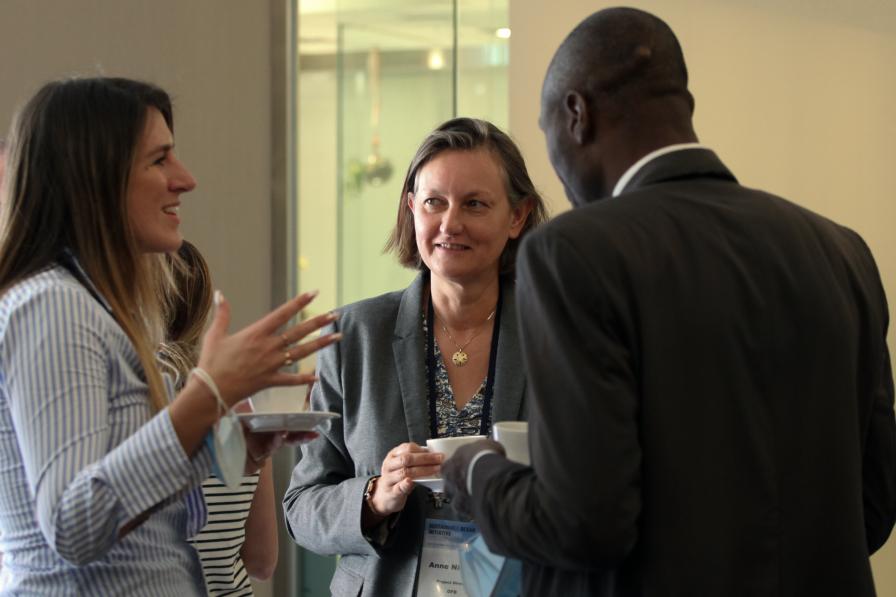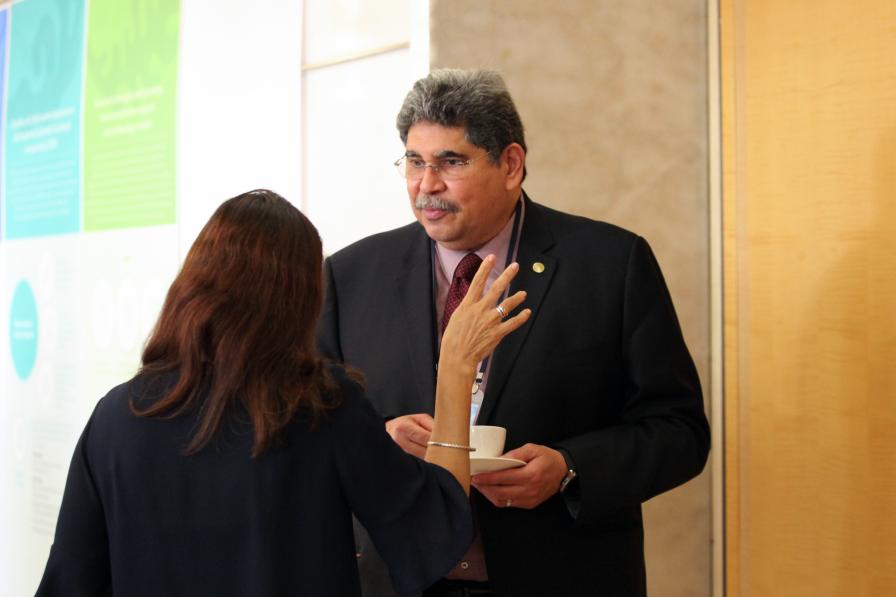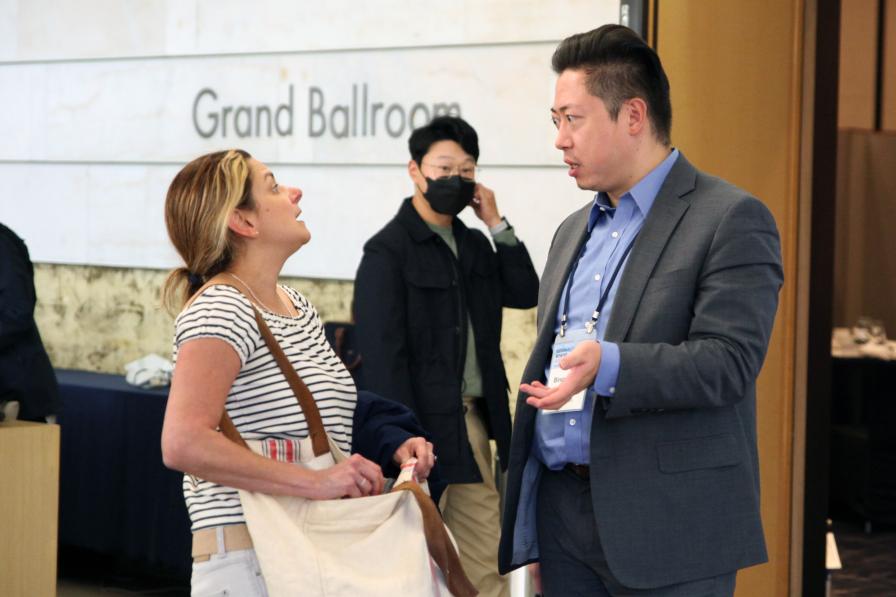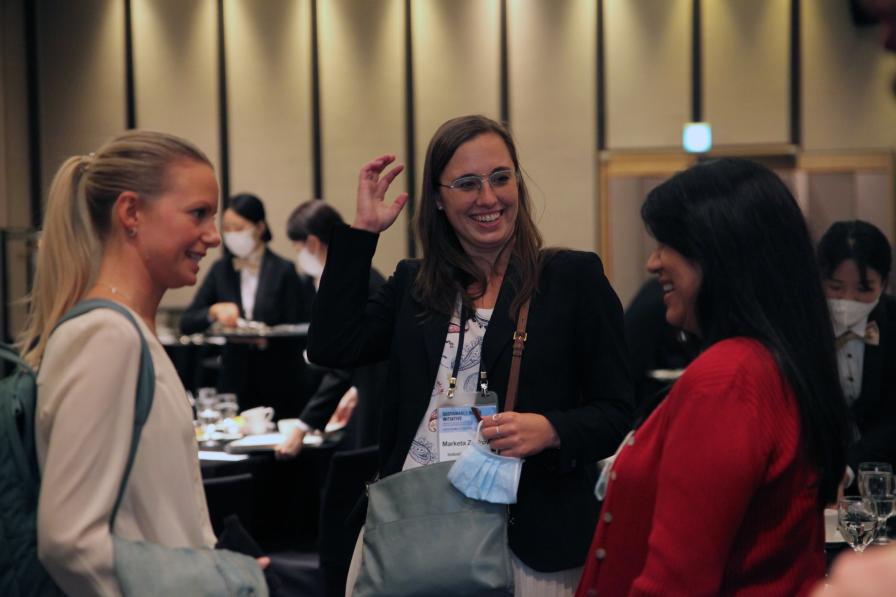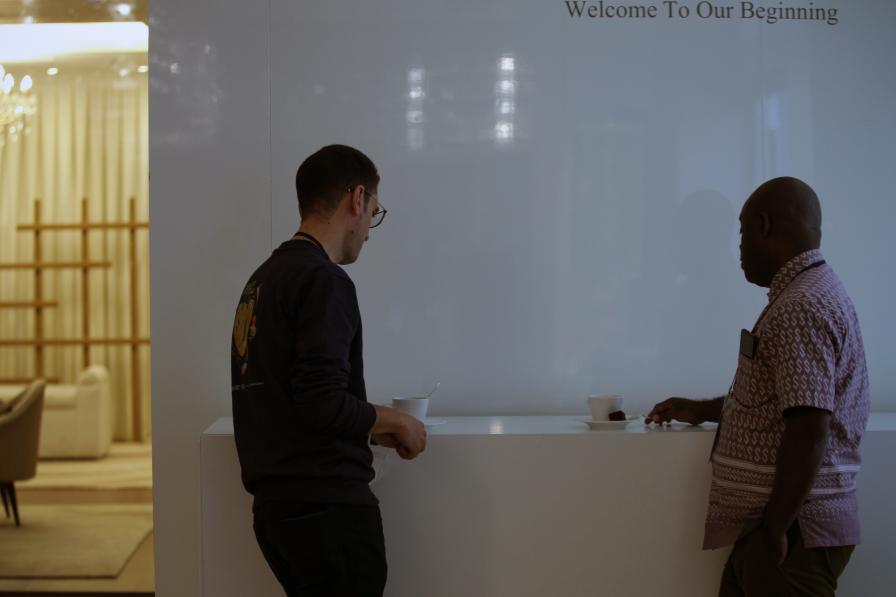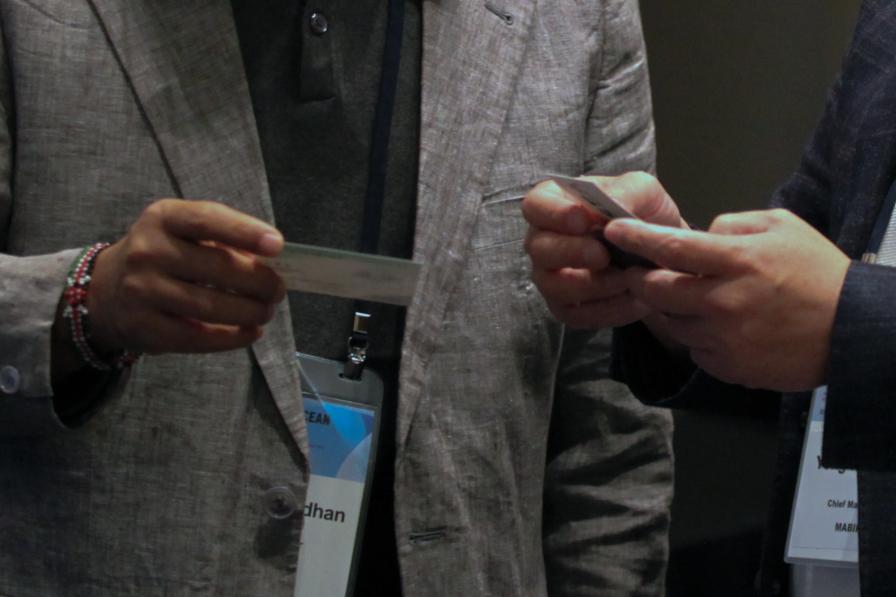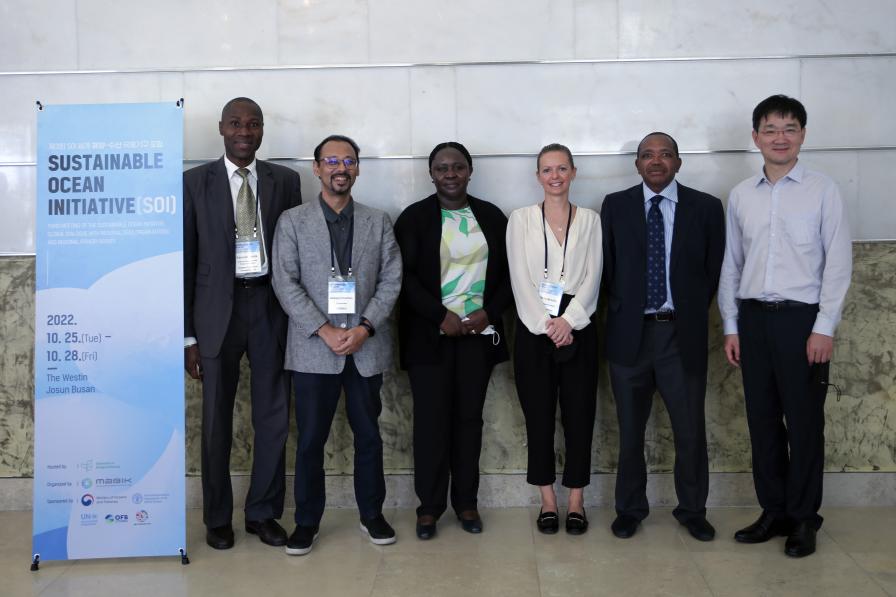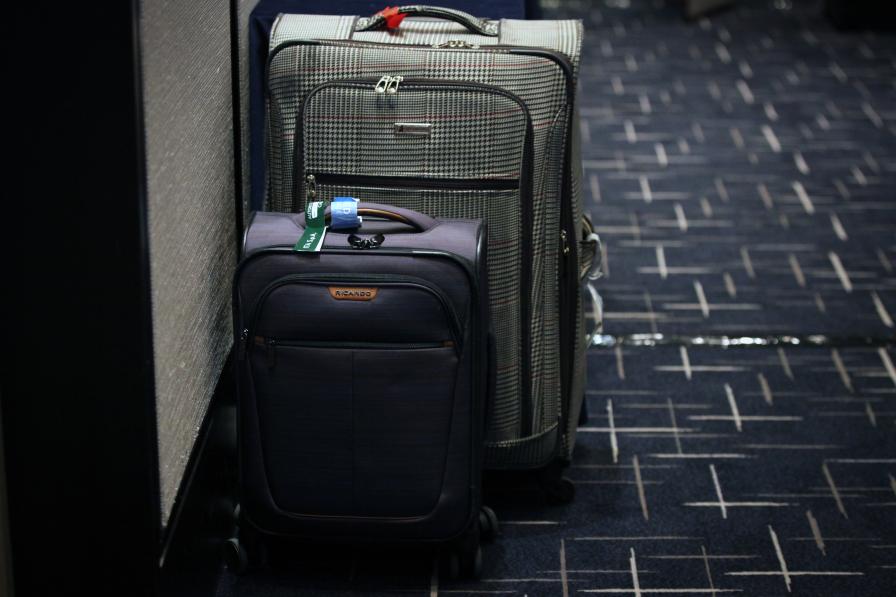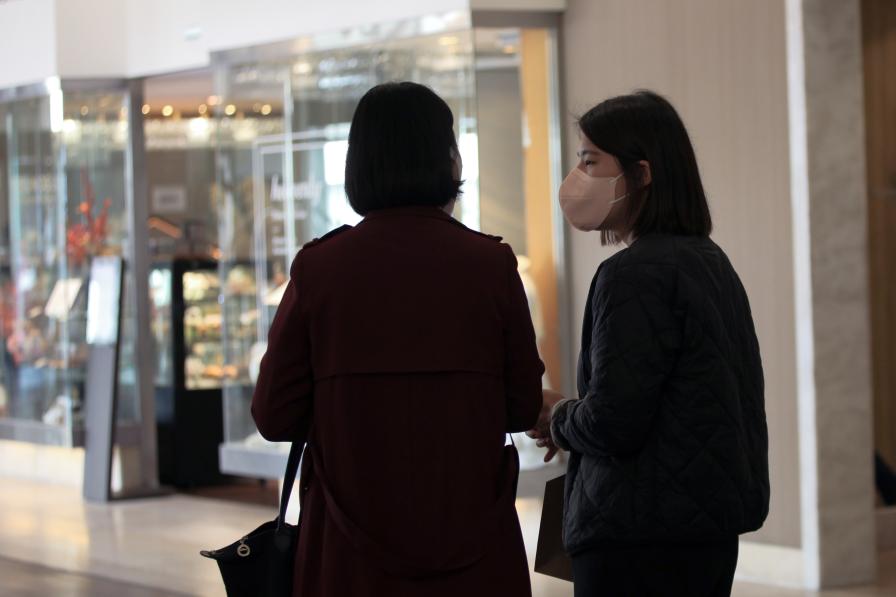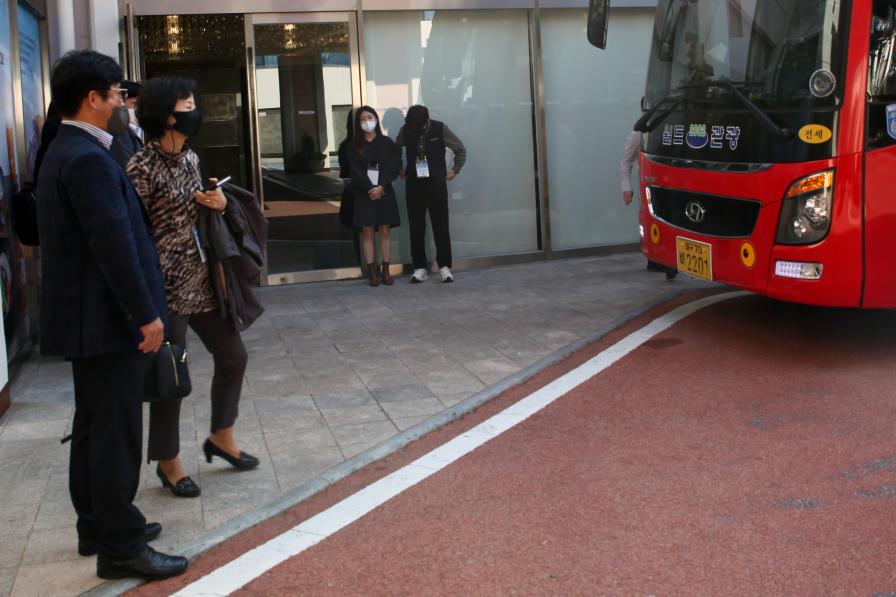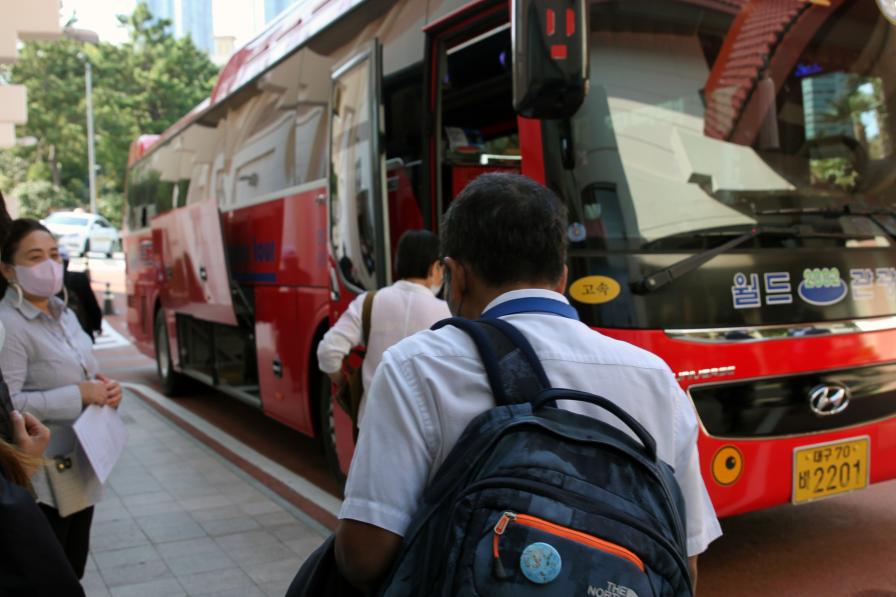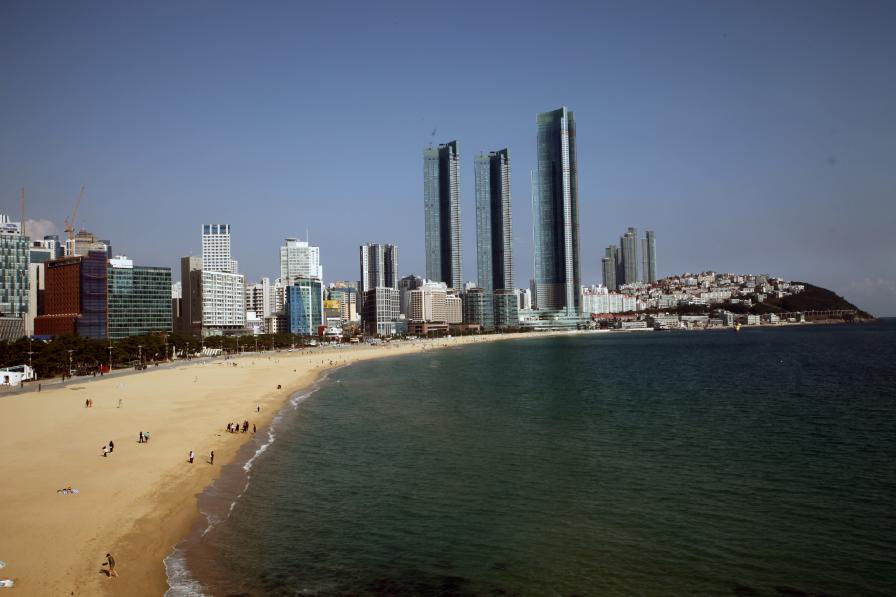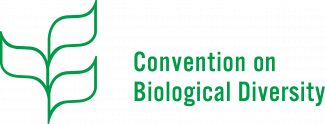The final day started fast-paced with regional breakout groups reporting back on their roadmap revisions. These generally focused on enhanced cooperation, and included major milestones, a long-term vision and short-term priority actions, modalities for involvement, thematic areas, and actors.
The Western Indian Ocean regional group’s roadmap centered on working towards a common vision of “regional cooperation toward a healthy, productive, and resilient Ocean for the well-being of all,” noting major milestones should include a comprehensive identification of relevant bodies in the region and enhancing their joint framework of collaboration.
The North Atlantic, Baltic and the Mediterranean regional group agreed that major milestones should focus on an ecosystem-based approach for both marine ecosystems and fisheries resource conservation and sustainable use, with the precautionary principle highly recommended.
The Wider Caribbean regional group said their common vision of a “healthy marine environment that supports the well-being and the livelihoods of the people of the region” should be supported by addressing root causes of weak governance and through the Ocean Coordination Mechanism, which could provide a 'blueprint for the regional data and information landscape.'
The Pacific Oceans Basins regional group focused on cross-basin opportunities for dialogue, noting the need for filling institutional gaps, and on sharing resource mobilization given the existence of both developed and developing countries in the region. They also noted the importance of improving collaboration with non-governmental organizations and the private sector.
The Western Atlantic regional group proposed specific changes to the roadmap developed at the 2nd Sustainable Oceans Initiative (SOI) Global Dialogue, including to increase the coordination of scientific information through, for example, the twinning of research institutes, and working together with a broad range of actors in areas of shared interest such as marine spatial planning and Ocean literacy.
The South and South-East Asia group’s major milestones included: mainstreaming the post-2020 Global Biodiversity Framework targets in work plans; formulating regional action plans on marine litter and plastics by 2025; and enhancing capacity building and knowledge sharing. The areas that the group plans to focus on include conserving aquatic habitats and biodiversity, combating marine pollution, and illegal, unreported and unregulated fishing.
The areas that the group plans to focus on include conserving aquatic habitats and biodiversity, combating marine pollution, and illegal, unreported and unregulated fishing.
During a discussion on how the SOI Global Dialogue process can better serve Regional Seas Organizations (RSOs) and Regional Fishery Bodies (RFBs), meeting participants identified the need to show Member States the benefits of engaging in the process, and their role as ambassadors for the process in their respective regions and organizations. They suggested identifying hot spots of best practices on key issues which could then be shared with other regions; designating focal points for regional coordination in each region; and involving participants in the elaboration of future SOI programming.
The Co-Chairs presented the draft Busan Outcome of the SOI. Suggestions from the floor on the document included the possibility of enhanced reference to extending collaboration beyond RSOs and RFBs to include others working within this nexus; the importance and usefulness of SOI; and the need for capacity building and funding.
The meeting ended at 12:09 pm, after which participants joined a lunch hosted by the Ministry of Oceans and Fisheries of the Republic of Korea and a field trip to a local traditional fish market.
All ENB photos are free to use with attribution. For the 3rd Meeting of the SOI Global Dialogue, please use: Photo by IISD/ENB | Anastasia Rodopoulou
